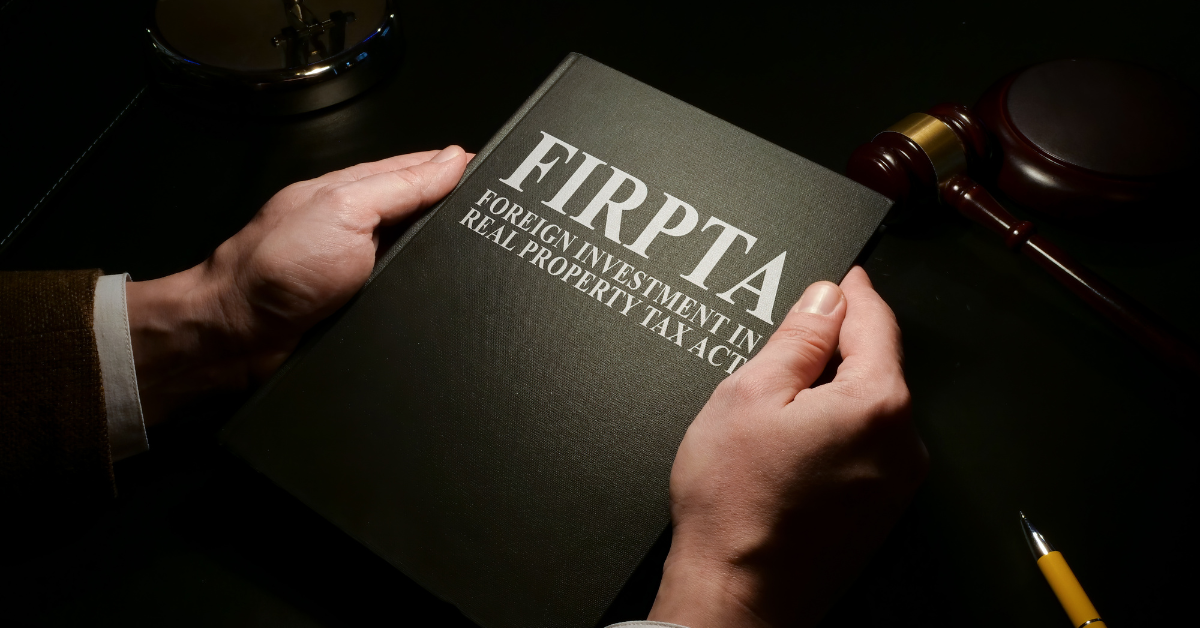The Foreign Investment in Real Property Tax Act (FIRPTA)

The Foreign Investment in Real Property Tax Act of 1980 (FIRPTA) is a United States tax law that imposes income tax on foreign persons disposing of US real property interests. A disposition of a U.S. real property interest by a foreign person (the transferor) is subject to the FIRPTA income tax https://www.edusite.ca/
FIRPTA defines a U.S. real property interest as any interest in real property located in the United States, including:
- Land
- Buildings
- Structures
- Mineral interests
- Water rights
- Air rights
- Leasehold interests
FIRPTA does not apply to all dispositions of U.S. real property interests by foreign persons. For example, FIRPTA does not apply to the following dispositions:
- Dispositions to a related person
- Dispositions to a U.S. person
- Dispositions of property that is used in a trade or business in the United States
- Dispositions of property that is held for personal use
If FIRPTA applies to a disposition, the transferee (the person who acquires the property) is required to withhold 10% of the amount realized from the sale. The amount realized is normally the purchase price. The withholding is how we collect U.S. tax owed by foreign sellers.
The transferee must file Form 8288 with the IRS within 20 days of the sale. Form 8288 reports the amount withheld and the name and address of the foreign seller.
The foreign seller can claim a refund of the withheld amount if they file a U.S. income tax return and pay the appropriate taxes.
There are a few exceptions to the FIRPTA withholding requirement. For example, the withholding requirement does not apply if the amount realized from the sale is not more than $300,000 and the transferee or a member of their family intends to use the property as a residence.
If you are a foreign person who is selling U.S. real property, you should consult with a tax advisor to determine if FIRPTA applies to you and to discuss your options for complying with the law.
Here are some additional things to keep in mind about FIRPTA:
- The withholding requirement is not limited to sales of real property. It also applies to certain other dispositions, such as gifts and exchanges.
- The withholding requirement is not always 10%. The amount withheld may be higher or lower, depending on the specific circumstances.
- The withholding requirement is not always the final amount of tax that the foreign seller owes. The foreign seller may still owe additional taxes when they file their U.S. income tax return.
If you are a transferee (the person who acquires the property), you should also consult with a tax advisor to ensure that you are complying with FIRPTA. The withholding requirement is a complex area of law, and it is important to get the advice of a qualified professional.






